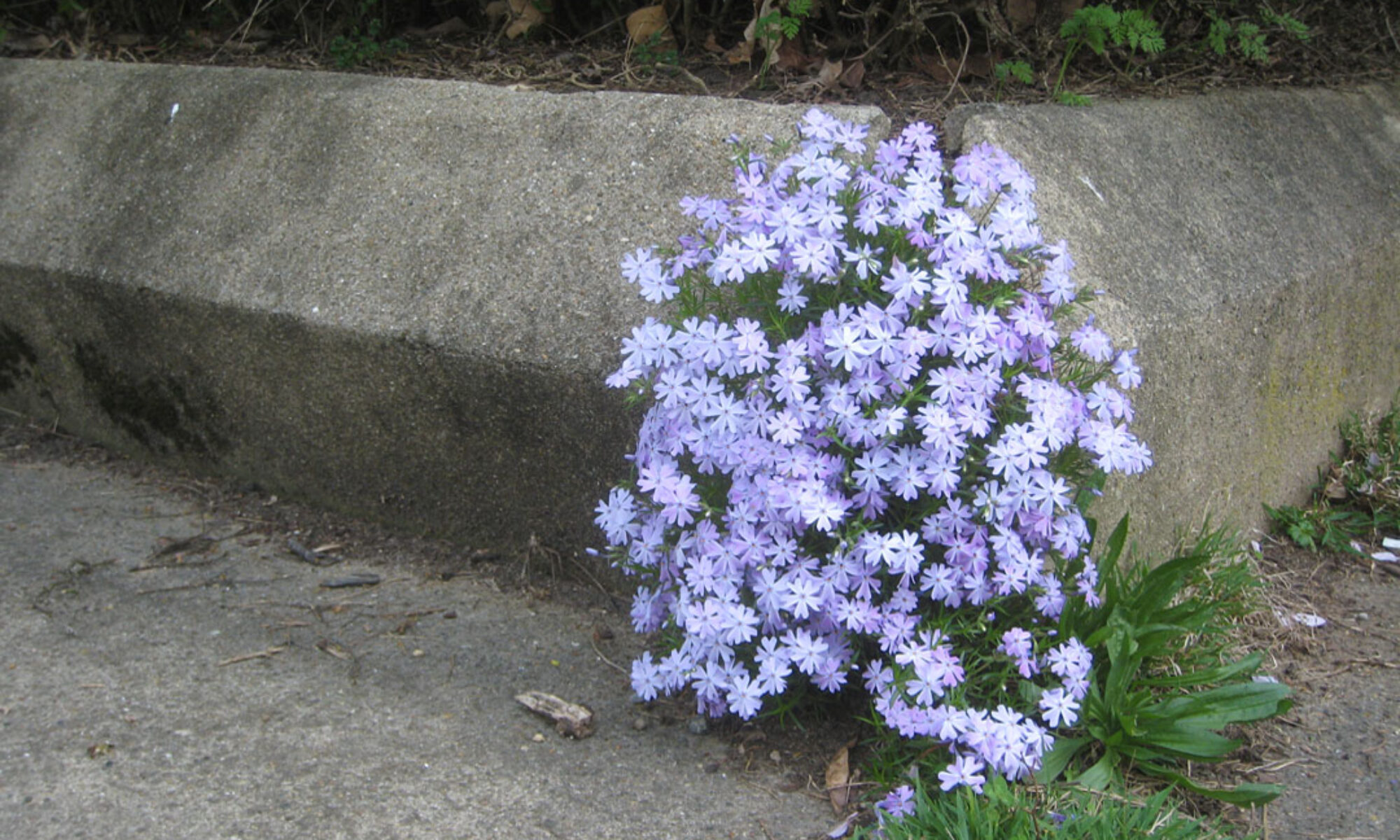This morning a friend posted this on Facebook:

The meme begins with a call for a return to kindness and care for others. That’s something we can all get behind, right?
But then it turns into something ugly. “I’m going to make a bet, that out of my family and friends, less than 4 will take the time to put this on their wall.”
Put in simpler terms: the post starts by saying, “We need to be nice to each other.” Then it switches to say, “But most of you are jerks.”
The second part is a sucker punch to the first part.
I’ve been seeing a lot of this lately, and it needs to stop. If we want the world to become a more positive place, we need to stop leading with “nice” and following up with “obnoxious.” Look at these examples:

It starts with “Let’s not complain” and ends by complaining (“no one follows directions … they don’t read the post fully.”)
Here’s another one.

We can all get behind Autism acceptance, a worthy cause. But look at the second sentence: “I’m pretty sure I know the ones who will, but I’d like to be surprised by more of you.” Translation: Most of you won’t, but go ahead, surprise me. I dare you.
How does a smug, in-your-face challenge engender goodwill for someone else?
Another one, this time with a twist: accountability.

Certainly mental health issues deserve respect. But how does being disrespectful to friends (“… less than 4 will take the time…”) help raise awareness of mental health difficulties?
One more.

“I know many of you do not give a crap about this message because, the cancer has not affected you.” Look, you can’t have it both ways, meme writers and sharers. Either you’re asking for help or you’re being rude to your online friends. Even those who are honestly care are unlikely to respond to these angry words to “support, respect, and remember.”
If we want to live in a better world, we can start by refusing to share memes like these.
If we want to live in a kinder world, we need to be kind intentionally. As the first meme says, “We gotta do better.”
And before this conversation is hijacked, let me address what I’ve deliberately left out:
- The effectiveness of posting something online to raise awareness is irrelevant here. I’m only looking at the one-two punch in so many of them.
- The lapses in standard writing style in these memes? Irrelevant here.
- These posts are often copied/pasted or shared, leaving behind a trail of personal information that can be used for malicious purposes. That’s a serious problem, but it’s irrelevant here.

Love this!
This is one of my biggest social media pet peeves, and I say that knowing full well I was the naïve late 90s/early 00s web user who fell for and shared all sorts of chain emails.
Somewhat related to the above is something which feels even worse: “it’s my birthday and people tell me I won’t get any likes” or similar attached to a picture of an amputee, an elderly person looking frail, someone who doesn’t meet beauty standards, or whatever else it may be, always posted by pages or groups as a way to drum up likes and shares.
It feels so… exploitative.
Maybe in the age of AI, they can stop exploiting real people and their diverse predicaments and use wholly fake ones instead. Or better yet, they could just stop this nonsense altogether. That works too.